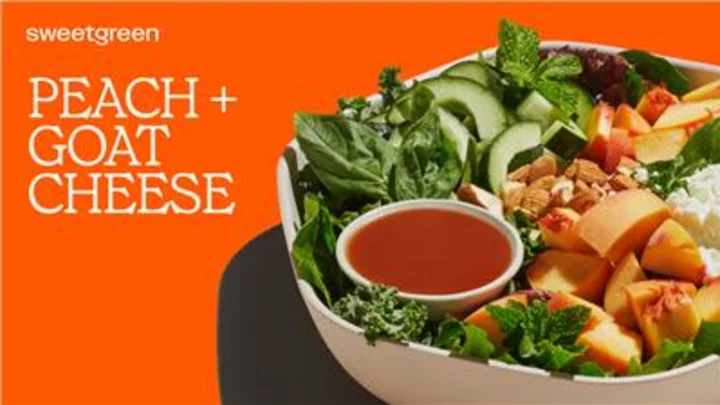
sweetgreen to Celebrate the Return of Beloved Peach + Goat Cheese With First-Ever Peach Week
LOS ANGELES--(BUSINESS WIRE)--Jun 12, 2023--
2023-06-12 21:17

8 Granular Facts About Sand
Every summer at the beach, sand becomes an essential ingredient in the recipe for fun. But what the heck is it?
2023-06-14 00:25
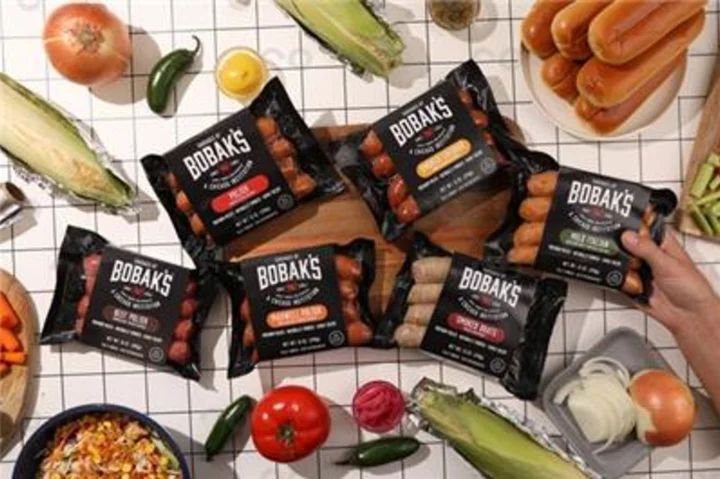
Bobak’s Sausage Adds Chicago's Favorite Flavors to Your Home Cooking
CHICAGO--(BUSINESS WIRE)--Sep 18, 2023--
2023-09-19 02:16

Analysis-Chocolate makers' prospects sour as cocoa prices spike
By Maytaal Angel, Jessica DiNapoli and Richa Naidu LONDON/NEW YORK Chocolate makers like Hershey and Mondelez face tougher
2023-08-18 11:24

How to watch 'Big Brother UK' for free
TL;DR: ExpressVPN is the best VPN for streaming. Watch the latest season of the UK
2023-11-02 13:22

Score great Amazon device deals — from the Kindle Scribe to the Echo Dot — before Prime Day
A bunch of Amazon devices are currently on sale, in preparation for the Prime Big
2023-10-07 01:27

Using the James Webb Telescope, astronomers created a video seeing 200 million years into the past
The James Webb Space Telescope — the observatory with an over 21-foot-wide mirror orbiting 1
2023-08-09 23:45

Heat, disease, air pollution: How climate change impacts health
Growing calls for the world to come to grips with the many ways that global warming affects human health have prompted the first day dedicated to the issue at crunch...
2023-11-26 14:17
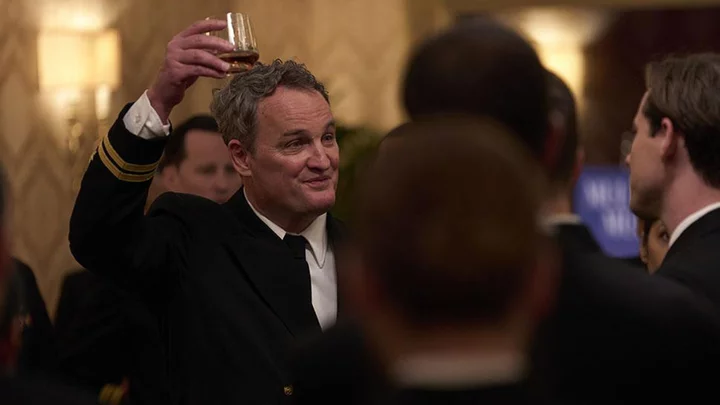
'The Caine Mutiny Court-Martial' review: William Friedkin’s final film is an engaging court procedural
The Caine Mutiny looms large over American film and literature. Herman Wouk's 1951 Pulitzer-winning navy
2023-09-04 23:58

'Wham!' trailer teases never-before-seen footage and intimate insights
However you think of Wham! — as one-hit wonders (wrong!), cheesy '80s stars (weren't they
2023-06-16 15:56

Singapore’s LGBT community feels safer as end of ban brings change
By Xinghui Kok SINGAPORE Singapore drag performer Yeo Sam Jo has been feeling much more confident and safe
2023-06-25 16:16

From Succession To TikTok, There’s Nothing Silent About Quiet Luxury
For the past two years, fashion was concerned with the ultra flashy styles of the Y2K era. The maximalist styling, sky-high shoes, and micro-mini hemlines that synonymous with the early 2000s had reappeared to take over the 2020s zeitgeist. Now, however, it’s hard to find that kind of gratuitous glitz, as runway collections have focused on perfecting wearable styles and today’s It girls are forgoing gaudiness. Meanwhile, on TikTok, fashion fans are deeply invested in “quiet luxury,” trading Y2K-inspired trends for minimalist styles and muted color palettes, and becoming a phenomenon in the process.
2023-05-09 03:29
You Might Like...
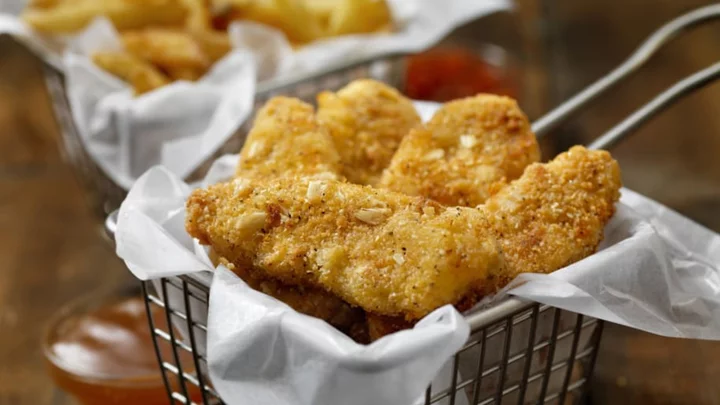
Chicken Tenders vs. Chicken Fingers: What's the Difference?

Forget Twitter: WordPress.com Blogs Can Now Connect to Mastodon

Bring some happy vibes home with fall's 'dopamine decor' trend

London Fashion Week throws spotlight on young designers

French ambassador is being 'held hostage at the French embassy' in Niger, says Macron

How to Build the Best Home Theater System for Under $1,000

Future PCIe Tech Could Run on Light-Based Optical Connections
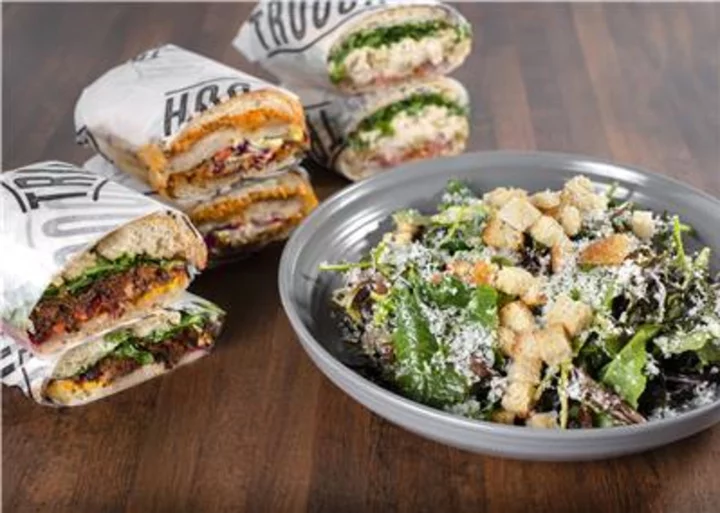
The Trough Sandwich Kitchen & Maldon’s Bistro Become Latest Eateries to Make Debut at Award-Winning Eighteen Main & Centerview in Irvine
